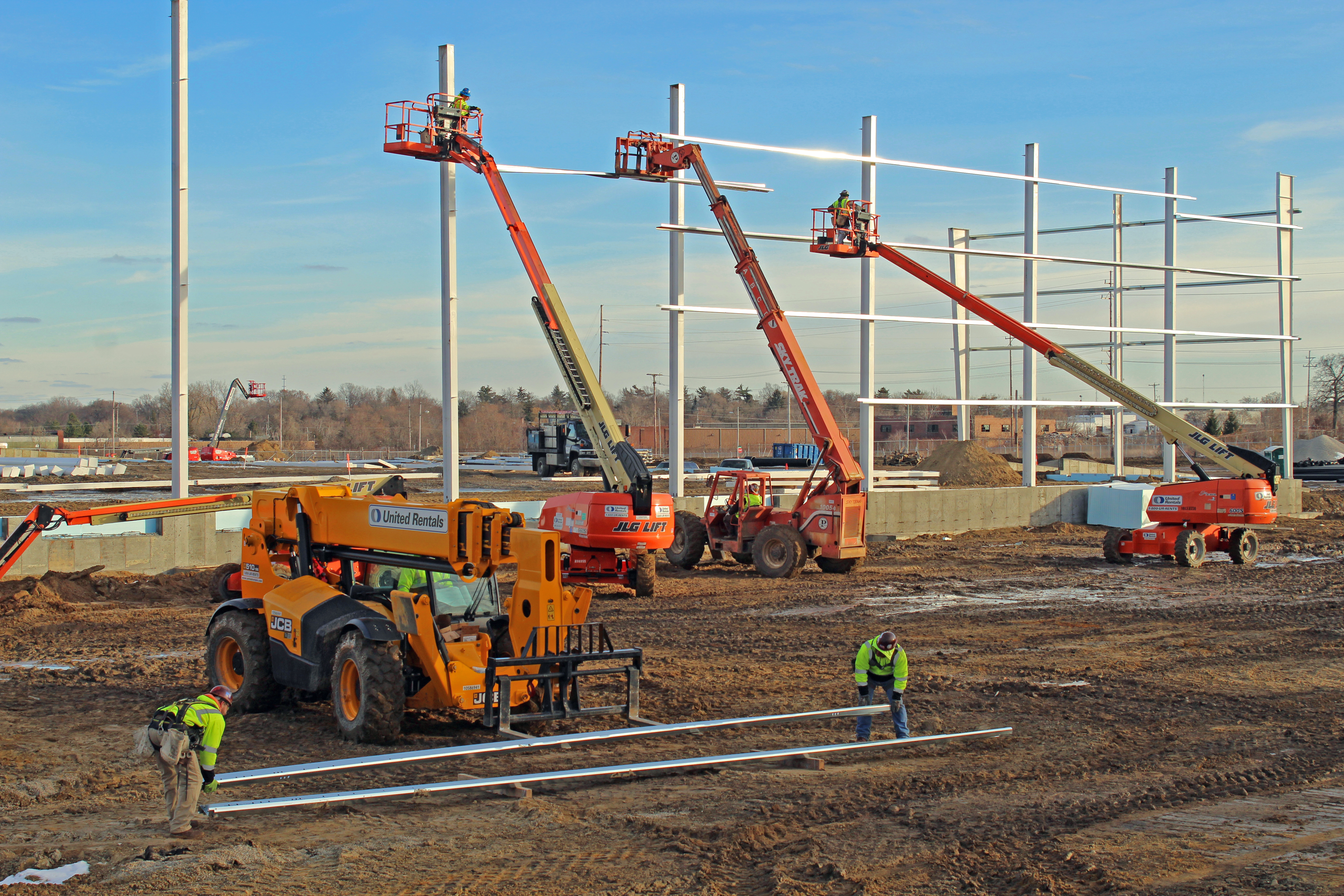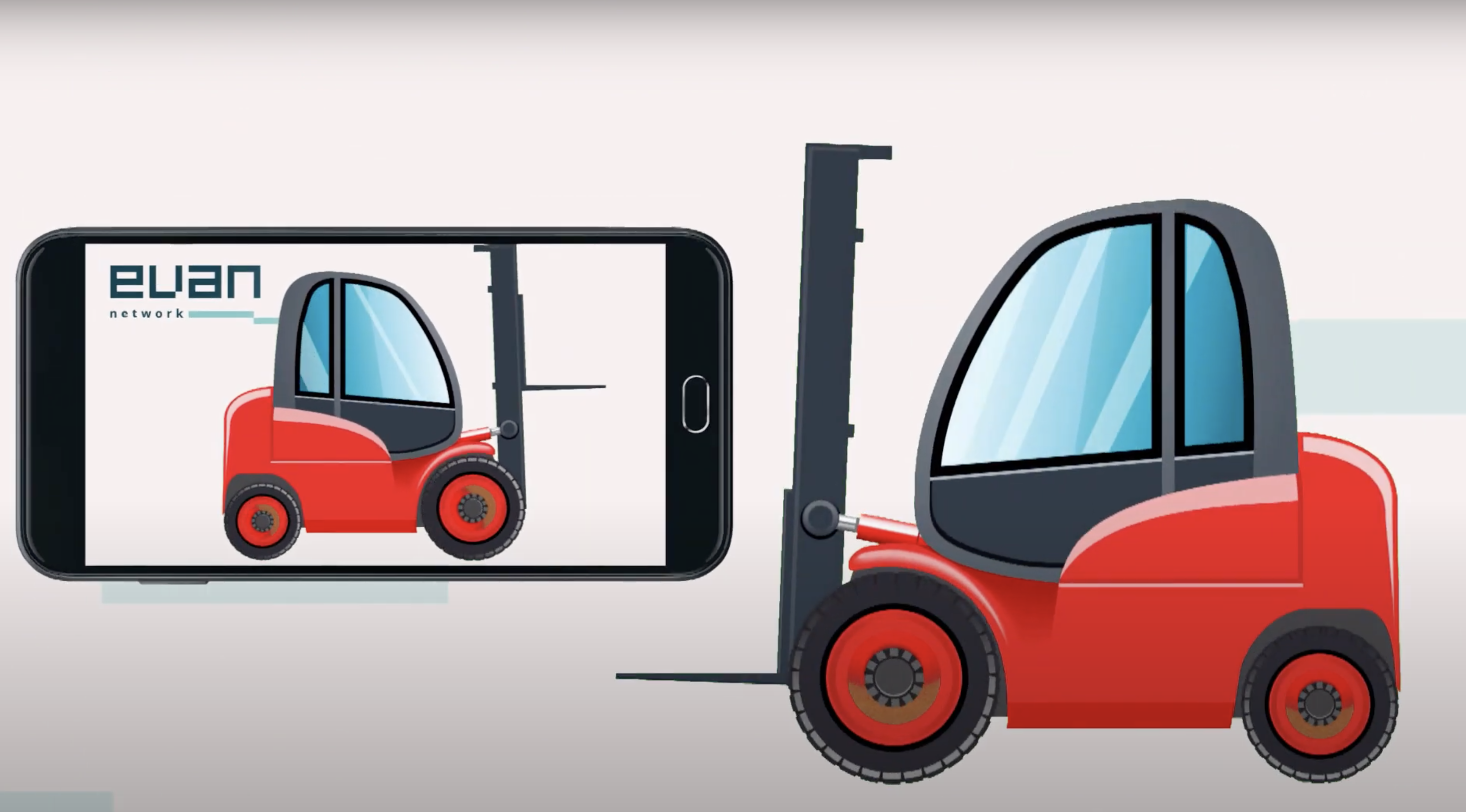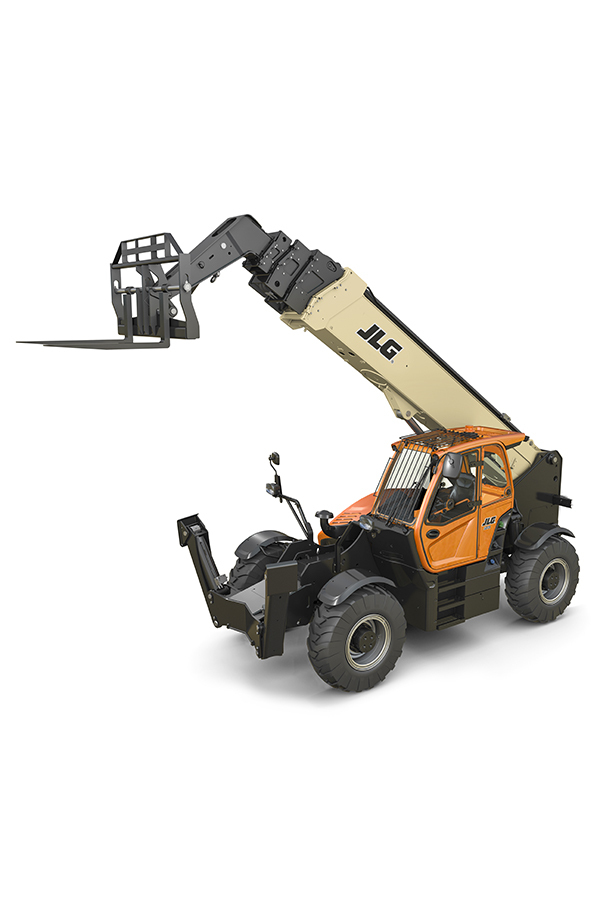Construction Equipment and the Sharing Economy
by Mark Robins | 1 February 2021 12:00 am
The sharing economy is starting to impact the construction industry

Photo courtesy of Varco Pruden
It’s gaining acceptance in B2B markets, particularly in the construction industry. And, now in the age of COVID-19, this digitally enabled sharing economy has been further accelerated by contractors’ needs to engage in touchless/nonphysical ways to do business with each other.
A Common Construction Market
The sharing economy is bringing contractors together in a common construction market matching those who need equipment with those who have it to spare. Via virtual (online) marketplaces, contractors can list and rent out their inactive equipment to other contractors. Equipment sharing services allow contractors to browse an app or website for a machine they need and rent it for less than they would pay a traditional rental house or dealer. Both small and large construction companies can create new revenue streams, and save money on expenses and losses.

Image courtesy of evan.network
In construction, a company’s projects can fluctuate. In between jobs, unused equipment can become a major cost sink that accumulates depreciation and interest expenses. Sharing equipment is a more cost-effective means of having machinery sit idle in between jobs. This subletting lowers transaction costs and reduces companies’ bottom line. Sharing instead of buying offers flexibility; companies don’t have to make a high-priced expenditure for just one piece of equipment. Sharing is ideal for one-time projects, and aids in maintenance and storage issues. Companies sharing construction equipment can sometimes deduct the leasing cost on their taxes. Also, taking an immediate deduction on a shared piece of machinery could be more beneficial than deducting the cost of purchasing construction equipment over several years.

Image courtesy of Burly Rentals
“Owning construction equipment is an expensive proposition,” says Brig Ricks, CEO, Burly Rentals[1], Traverse City, Mich. “Surveys show that equipment sits idle 70% of the time. When equipment is inactive, the owner must still pay the financing, insurance, property tax, maintenance, storage and other equipment expenses. Sharing the equipment with other construction pros in your area creates a new revenue stream for the owner.” Ricks says the most commonly shared metal construction equipment comes in two categories of equipment that he sees being most often requested: lifting equipment, and compact equipment such as skid steers, mini-excavators and loaders. Also, “transportation of equipment is important. Equipment that can quickly be loaded and hauled will always be easier to share.”
Another reason construction machinery sharing is growing in usage today is because machinery is becoming increasingly diversified. “Where a single machine used to do the work, highly specialized equipment is now used for specific scenarios,” says Thomas Müller, CEO of evan GmbH, Dresden, Germany, and spokesman for the evan.network[2] organization. “The demand for such special construction machinery varies greatly, as it is only needed occasionally but must be available for customers. This demand cannot be met by a single company alone, which is why machine subleasing via cooperating partners is immensely increasing. The advantage of a sharing economy therefore is that a provider no longer has to own all the machines but can also offer machines from other companies via its portfolio to satisfy customer requirements in the best possible way.”
However, this sharing flexibility can become a major challenge for providers and customers alike. While rental and leasing (long-term rental) models still dominate today, Müller sees more and more pay-per-use and on-demand business cases. These are cases that Müller believes can only be realized efficiently through consistent digital processing: from placing the order, through handling and finally to payment. “The necessary administrative steps such as maintenance or claims management must also be included in the automation and digitized. Such end-toend digitization ultimately leads to significantly more efficient processes and thus saves companies time and money. Today, however, most providers are still a long way from such a status.”
Müller sees the construction machinery sharing procedure comprised of the following steps:
1. Finding a free resource
2. Booking a machine (due to the lack of digital processes nowadays, this is hardly possible in real time)
3. Preparation of the machine (including checks and services)
4. Delivery of the machine (including transport coordination and transfer of risk) 5. Use (in future also including pay-per-use)
6. Repatriation (including transport coordination and transfer of risk)
7. Accounting
8. Claims management, if applicable

Photo courtesy of JLG
Müller explains this business process can be represented digitally and thus greatly simplified. “If we make the machines available as digital identities, they become part of the digital processes. Furthermore, machine data, performance features and availability can be shared between cooperation partners in a standardized manner. This makes steps one and two much simpler, for example, but also the process as a whole becomes much more efficient through the use of digital identities.”
Sharing in a Digital World
Sharing is not a revolutionary concept; contractors have been doing it with their equipment for years. It’s been rental agencies and leasing companies who have helped them in locating and procuring desired construction equipment. But what has been missing is a unified network where equipment sharing could be done more efficiently. Now thanks to technology like platforms, websites, online services and apps, contractors have better accessibility and ease to do so.
Many believe the sharing economy could disrupt the traditional supply chain used in equipment rental and leasing. “We’ve seen how sharing economy business models have impacted various industries,” Ricks says.
“For example, Airbnb and its sharing-based model has completely changed the short-term rental property industry. These business models are now coming to the construction industry and it will impact how we buy, sell, rent and finance equipment.” Ricks believes construction equipment sharing should be faster, easier and less expensive. Burly Rentals built an online equipment rental platform with powerful tools, including:
• Lightning-fast equipment searches
• Real-time availability
• Booking equipment with a couple clicks
• Savings up to 25%
• Insurance on equipment while rented
“For equipment owners, with Burly’s powerful tools, it’s quick and easy to make money by renting your idle equipment,” Ricks says. “You decide when your equipment is available to rent, how much to charge, and whether or not to accept a rental request. Burly does the rest, including insuring your equipment while rented. For equipment renters, with Burly, you get the equipment faster, easier and less expensive than from a traditional rental yard. Our easy-to-use platform helps you find and book equipment in minutes. We also strive to save renters up to 25% over traditional rental yard prices.”
An equipment sharer can search the Burly database by keyword or location and browse available machines. Built-in communication tools make it quick and simple for a potential renter and owner to exchange messages. When the renter decides to rent, they can book the equipment with a couple of clicks. The equipment owner receives a notice about the booking request and can click to accept or reject it or send a message to the renter. On completion of the rental, the owner and renter can post ratings of their experience with each other.
There are other equipment sharing service companies besides Burly who want to keep construction equipment operating and making money for contractors. Kitchener, Ontario, Canada-based Dozr[3]is reportedly Canada’s largest online construction equipment marketplace. Dozr was founded by Canadian contractor Kevin Forestell, a former commercial landscaping company owner. Forestell hated watching his equipment sit idle between jobs and knew other contractors could have the same problem. Contractors can list their equipment on the DOZR Marketplace and connect with local contractors looking for equipment online. DOZR provides the tools to post equipment, manage pricing and attract contractors for free. DOZR Powered ecommerce solutions including its WebStore enable equipment suppliers and rental houses the opportunity to digitize their businesses through ecommerce.
Costa Mesa, Calif.-based Getable[4] is one the first and most successful companies to share underutilized equipment online. Getable offers a free iPad and iPhone app that matches construction contractors looking to rent and those looking to rent out their own equipment. There are two versions of the free app: one for contractors and another for suppliers. The app allows contractors to rent equipment across a network of vendors from a smartphone, tablet or desktop computer 24 hours a day.
Columbia, Mo.-based EquipmentShare’s[5] peer-to-peer equipment sharing service offers a telematics system to track location and usage information. Its ES Tracker system gives users real-time data about the location and usage of their various machines or vehicles they’re renting out.
Even manufacturers are starting to invest in equipment sharing. Launched in 2013, San Francisco-based Yard Club[6] started as a construction equipment sharing service. Deerfield, Ill.-based Caterpillar acquired Yard Club in 2017, two years after Caterpillar announced a strategic investment in Yard Club. As part of that investment, Yard Club began working with the dealers in the Caterpillar network and helping them to rent as well as sell equipment to contractors and construction crews.
With the growing number of construction-sharing companies, Müller explains that many of the procedural steps are done manually because, again, the digital infrastructure is lacking. “The challenge is communication between customers and sharing providers has to be mapped digitally. Sharing providers must also be able to work together efficiently … [but] we see that this is still managed today with the IT tools of the respective partners. Since these are not compatible with each other, humans function as some kind of interface in the process, which prevents end-to-end digitalization. Therefore, entirely digital models such as pay per use are not possible at all.”
Müller predicts construction equipment sharing will change the construction industry significantly and believes it will no longer be possible to succeed in the future market without sharing machines. And, while many already see the benefits of a sharing economy for construction machinery, he explains many companies do not know where to start, as they have to overcome several hurdles. “For one thing, there is a lack of efficient sharing solutions that make machines available quickly and without much effort. On the other hand, today’s sharing platforms force companies to divulge a lot of data about their own business that they are not willing to disclose. With the evan.network we want to give back to the companies their own digital sovereignty. Within the network companies can jointly work on digitization of their processes, while at the same time retaining control over their data thanks to the blockchain-based decentralized infrastructure.

Image courtesy of evan.network
- Burly Rentals: http://www.burlyrentals.com
- evan.network: http://www.evan.network
- Dozr: http://www.dozr.com
- Getable: http://www.getable.com
- EquipmentShare’s: http://www.equipmentshare.com
- Yard Club: http://www.cat.com
Source URL: https://www.metalconstructionnews.com/articles/construction-equipment-and-the-sharing-economy/